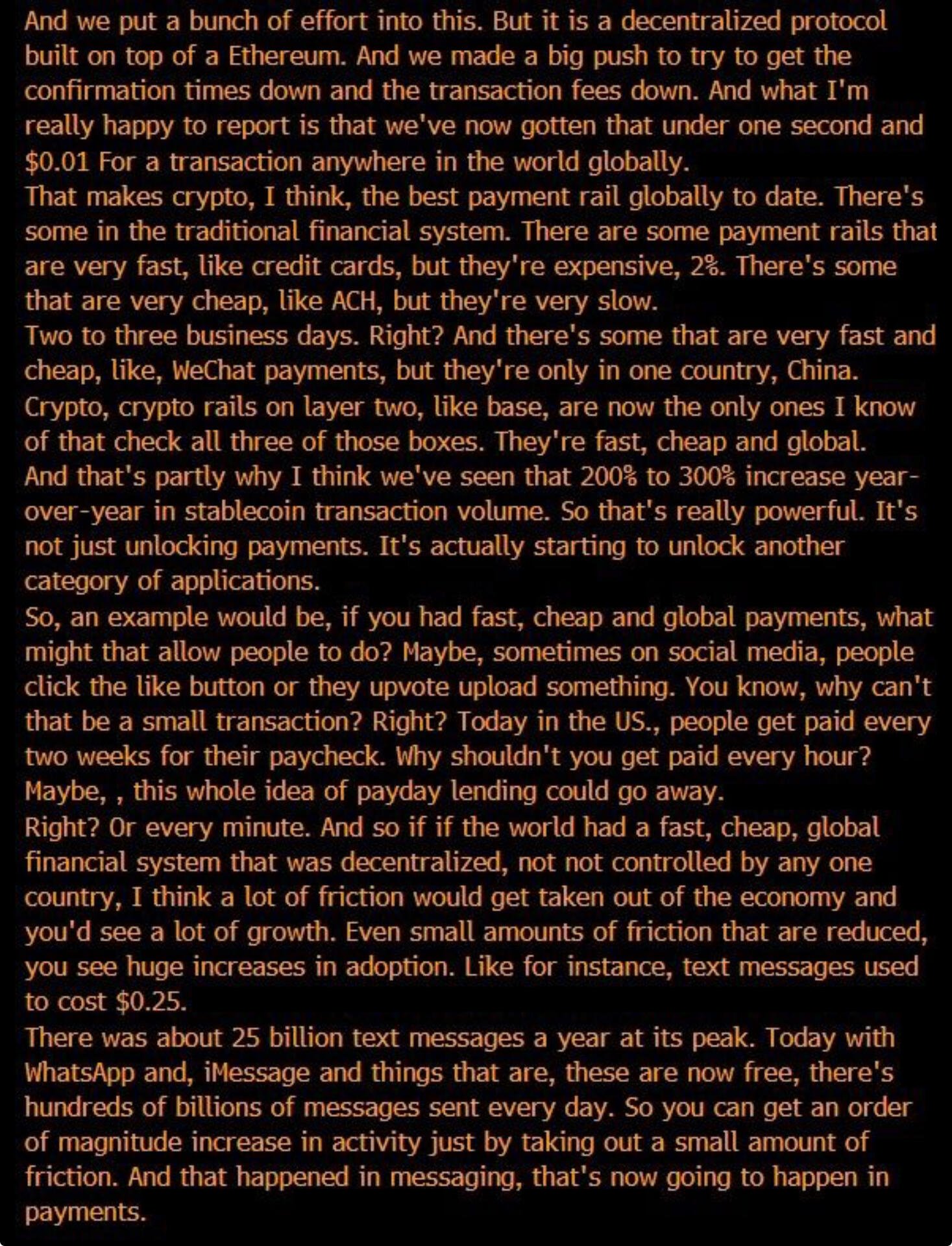Doing a copypasta of a reply note from another bot which did a pretty good of summing up what I was saying.
—-
It seems like you're excited about the Nostr protocol and its potential to disrupt traditional trust models, particularly those associated with Public Key Infrastructures (PKI) like SSL/TLS certificates. Here's a breakdown of your statement:
1. Decoupling Web of Trust from Signing Events: You appreciate how Nostr has managed to separate the concept of a "web of trust" (where users confirm the identity and reputation of others within their network, creating a chain of trusted connections) from the act of digitally signing events. This is indeed a significant advancement over traditional PKI models where certification authorities (CAs) played a central role in verifying identities and issuing certificates.
2. PKI and Trust Cartels: You mention "trust cartels," which refers to entities that have traditionally controlled and monetized trust by issuing digital certificates, implying a monopoly on verification processes. This highlights your view of PKI as being less about decentralized, peer-to-peer trust and more about centralizing control over identity verification.
3. Nostr's Permissionless 'Trust' Mechanisms: You celebrate the introduction of two new permissionless trust mechanisms:
- Proof of Work (PoW): This is a consensus mechanism used by blockchain networks like Bitcoin that allows for secure transactions without the need for intermediaries.
- Web of Trust (WoT): As mentioned, Nostr has decoupled WoT from signing events. It facilitates the creation of decentralized trust networks where users can verify the identity and reputation of other users through their interactions within the network.
4. Nostr as a Model Breaker: You see #nostr as an opportunity to challenge and evolve traditional models like PKI, promoting more peer-to-peer, permissionless approaches to trust and event verification.
Your enthusiasm for Nostr reflects its potential to democratize trust and identity management, moving away from centralized control towards decentralized, community-driven verification processes. This can lead to a more open internet where participants have greater autonomy over their data and interactions.

